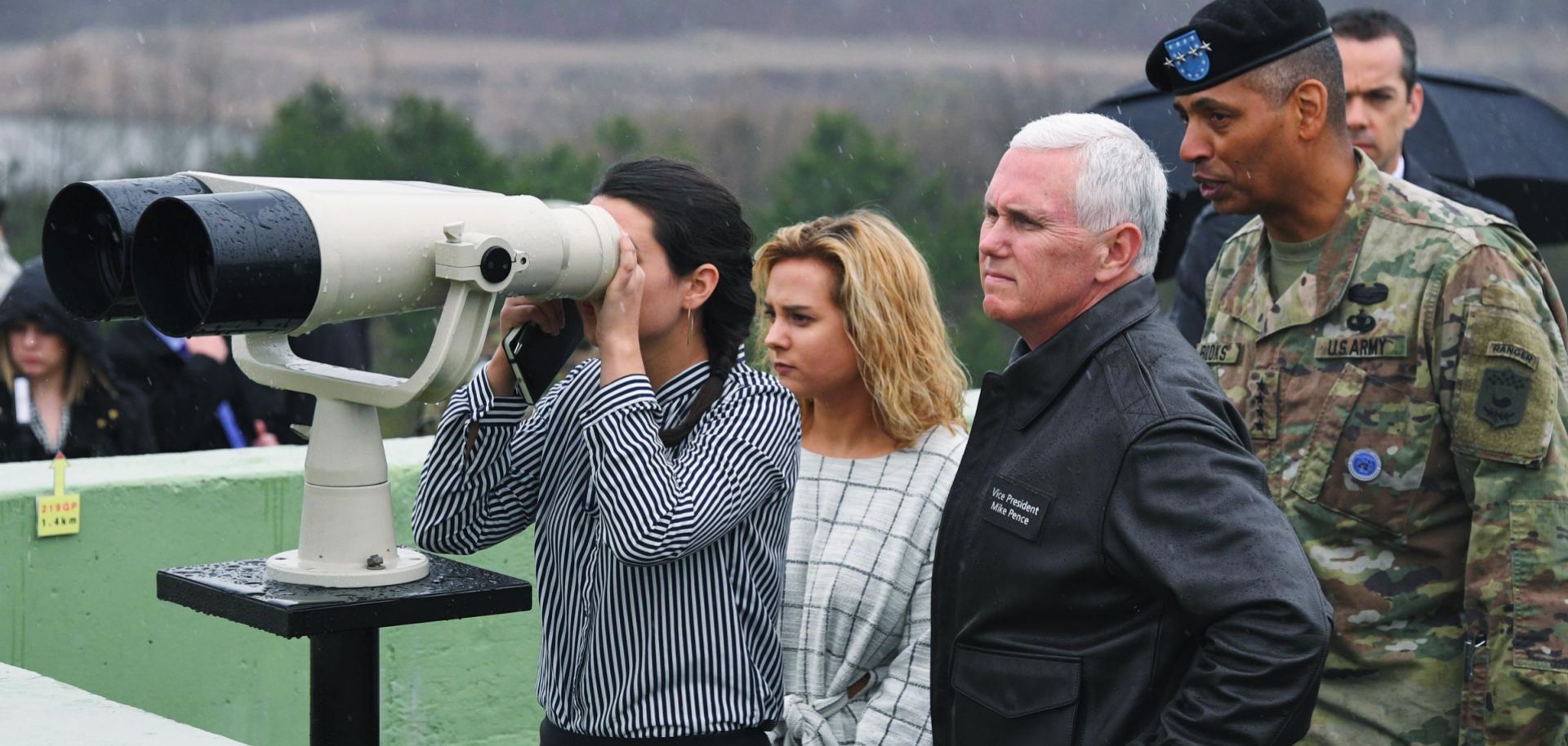Nearly 100 days into Donald Trump's presidency, uncertainty over the direction of U.S. policy and its behavior in the Asia-Pacific continues to pervade the region, including among many of Washington's most important allies. In particular, between Trump's early calls for strategic partners such Japan and South Korea to cover more of the costs of supporting U.S. troops on their shores, his decision to withdraw the United States from the 12-nation Trans-Pacific Partnership, his administration's recent statements and actions in response to North Korea's nuclear weapons program, Trump has helped put the typically slow-moving and carefully managed geopolitics of the Asia-Pacific in flux. In doing so, his administration has arguably opened avenues for progress on issues of longstanding concern to Washington, especially U.S.-China trade relations and North Korean nuclearization. At the same time, the White House's actions have left countries like Japan, South Korea and Australia – traditional linchpins of U.S....

